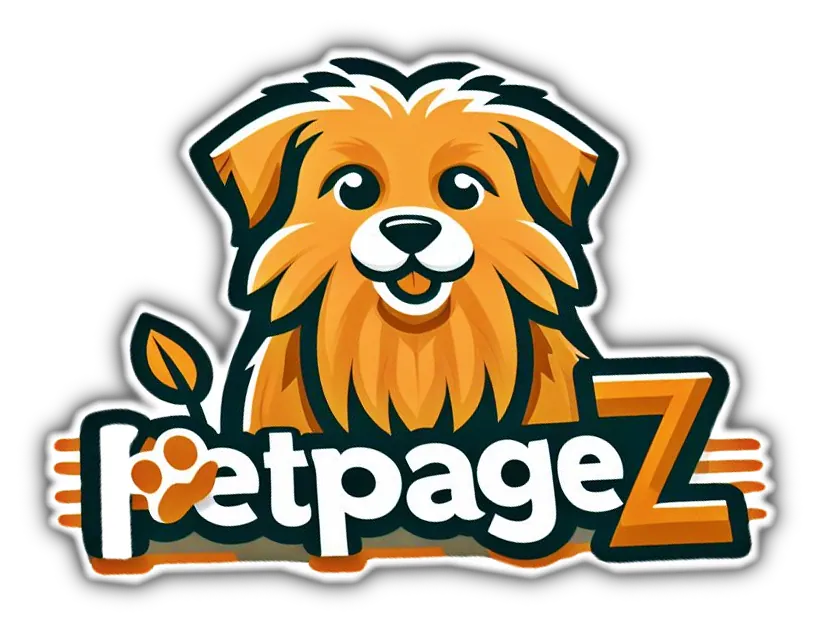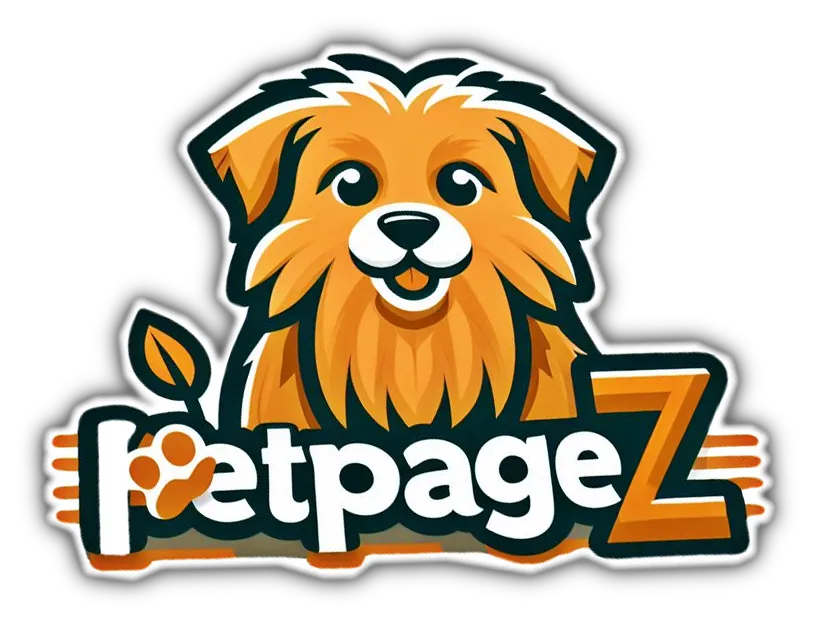1. Introduction to Puppy Behaviour
Puppies are adorable and lovable companions, but they can also exhibit a wide range of behaviors that may leave their owners puzzled or concerned. Understanding puppy behavior is essential for creating a harmonious and fulfilling relationship with your furry friend. In this comprehensive guide, we will delve into the various aspects of puppy behavior, from their developmental stages to socialization, training, and dealing with common behavior issues. Additionally, we will explore important considerations regarding their health, creating a safe environment, and building a strong bond with your puppy. By gaining insight into puppy behavior, you will be well-equipped to provide the care, guidance, and training necessary to raise a happy, well-adjusted, and obedient canine companion.1.1 The Importance of Understanding Puppy Behaviour
Puppies may be small bundles of joy, but understanding their behavior is crucial for their well-being and your sanity. By understanding why they do what they do, you can provide them with the care and guidance they need. Plus, it will save you from wondering why your new furry friend is chewing on your favorite slippers.1.2 What to Expect in the Early Weeks
The early weeks of puppyhood can be both exciting and challenging. Your little furball will be adjusting to their new surroundings, teething like there's no tomorrow, and testing the boundaries of your patience. Get ready for sleepless nights and cleaning up accidents, but remember that this phase is temporary. With consistency and love, you'll see progress in no time.2. Understanding Puppy Development Stages
2.1 Neonatal Stage: 0-2 weeks
During this stage, puppies are completely dependent on their mother. Their eyes and ears are closed, and they spend most of their time sleeping and nursing. It's a critical period for their physical development, so let them grow undisturbed.2.2 Transitional Stage: 2-4 weeks
As their eyes and ears start to open, puppies become more aware of their surroundings. They'll start wobbling around and engaging in play with their littermates. It's an adorable and crucial stage for learning social skills and coordination.2.3 Socialization Stage: 4-12 weeks
This is the time when puppies need to interact with the world and experience new things. Socialization is key to raising a well-adjusted dog. Introduce them to different people, environments, sounds, and other animals. By exposing them to positive experiences early on, you'll help them become confident and friendly adult dogs.2.4 Juvenile Stage: 3-6 months
Welcome to the teenage phase! Puppies will start testing boundaries and may seem more rebellious. They'll have bursts of energy, and their play may become more boisterous. Be patient and consistent with training during this time, and remember to provide mental and physical stimulation to help them channel their energy in positive ways.2.5 Adolescence: 6-18 months
Ah, the doggy adolescence. Just like human teenagers, puppies in this stage may experience mood swings. They might challenge your authority and push boundaries. Consistency, positive reinforcement, and plenty of exercise will help them navigate this phase with grace.3. Socialization and Puppy Behavior
3.1 The Importance of Early Socialization
Early socialization is crucial for shaping your puppy's behavior. Introduce them to a variety of people, sounds, and environments in a positive and controlled manner. This will help them become well-rounded adult dogs who are comfortable in different situations.3.2 Introducing Your Puppy to Different Environments
Expose your puppy to different environments gradually. Start with quiet places and gradually introduce busier areas. Let them explore, but always keep an eye on their safety. This exposure will help prevent fear and anxiety as they grow older.3.3 Socializing Your Puppy with Other Dogs and Animals
Interaction with other dogs and animals is essential for your puppy's social skills. Arrange playdates, enroll them in puppy classes, or visit a dog park (once they've received their vaccinations). Supervised interactions will teach them proper manners and help them develop positive relationships.4. Basic Training and Obedience for Puppies
4.1 Establishing Basic Commands
Teaching your puppy basic commands like sit, stay, and come is essential for their safety and your sanity. Keep training sessions short and fun, using positive reinforcement techniques. Remember, consistency is key, so practice these commands regularly in different environments.4.2 Positive Reinforcement Techniques
Gone are the days of harsh training methods. Positive reinforcement, such as treats, praise, and play, is the way to go. Reward your puppy for good behavior, and they'll be more motivated to repeat it. This approach builds trust and strengthens the bond between you and your furry friend.4.3 Crate Training and Potty Training
Crate training is a valuable tool for potty training and keeping your puppy safe when you're not around. Make the crate a positive space with comfortable bedding and rewards for entering willingly. Similarly, establish a consistent potty training routine with frequent bathroom breaks and lots of praise for successful elimination. Accidents will happen, but with patience and consistency, your puppy will catch on.
5. Dealing with Common Puppy Behaviour Issues
5.1 Biting and Nipping
Ah, the infamous puppy teeth! It's common for puppies to use their sharp little teeth to explore the world around them, including your hands and feet. While it may be cute at first, it can quickly become a nuisance. To address this behavior, it's essential to teach your puppy bite inhibition. This means teaching them to control the force of their bite, so they understand what is appropriate and what isn't. Redirecting their attention to appropriate chew toys and providing positive reinforcement when they choose those toys instead of nipping can also help.
5.2 Chewing and Destructive Behavior
Puppies seem to have an insatiable desire to chew on everything in sight, especially your favorite pair of shoes. This behavior is normal, but it's important to redirect their chewing to appropriate items, such as chew toys designed for puppies. Make sure to provide a variety of textures, shapes, and sizes to keep them engaged. Puppy-proofing your home and keeping valuable or dangerous items out of their reach can also prevent destructive chewing episodes.
5.3 Separation Anxiety
Puppies are social creatures, and being left alone can trigger feelings of anxiety. Separation anxiety can manifest in various ways, such as excessive barking, whining, destructive behavior, or even house soiling. Gradual desensitization and counterconditioning can help alleviate separation anxiety. Start by leaving your puppy alone for short periods and gradually increase the duration. Encourage positive associations with being alone by providing treats or toys that they only receive during these times.
6. Health and Wellness Considerations for Puppies
6.1 Vaccinations and Preventive Care
Just like humans, puppies need vaccinations to protect them from various diseases. Talk to your veterinarian about the appropriate vaccination schedule for your furry friend. In addition to vaccinations, preventive care such as regular check-ups, flea and tick prevention, and deworming are essential to keeping your puppy healthy.
6.2 Nutrition and Feeding Guidelines
Proper nutrition is crucial for your puppy's growth and development. Choose a high-quality puppy food that meets their specific nutritional needs. Feeding guidelines on the packaging can provide a starting point, but consult with your veterinarian for personalized recommendations based on your puppy's breed, size, and activity level. Remember, portion control is key to prevent overfeeding and weight gain.
6.3 Exercise and Mental Stimulation
Puppies are bundles of energy that need regular exercise to keep them happy and healthy. Engage in playtime activities like fetch, tug-of-war, or short walks (once they have completed their vaccination series). Mental stimulation, such as puzzle toys or training sessions, can also tire out their active minds. However, keep in mind that puppies have their limits, so avoid overexertion and gradually increase exercise as they grow.
7. Creating a Safe and Enriching Environment for Your Puppy
7.1 Puppy-Proofing Your Home
Puppies are curious explorers, so it's crucial to make your home safe for them. Get down on their level to identify potential hazards, such as loose cords, toxic plants, small objects, or open trash cans. Use baby gates to restrict access to certain areas and block off stairs. Keep cleaning products and medications securely stored away from your pup's reach. Remember, a little extra effort in puppy-proofing can prevent accidents and keep your furry friend out of trouble.
7.2 Providing Proper Toys and Enrichment Activities
Toys are not just for entertainment; they also help keep your puppy mentally stimulated and prevent boredom. Provide a variety of toys that are safe, durable, and suitable for their age and breed. Interactive toys, treat-dispensing toys, and puzzle toys can engage their minds and challenge them. Rotate toys regularly to keep their interest alive, and always supervise their playtime to ensure they don't swallow or chew off small parts.
7.3 Ensuring a Comfortable and Secure Sleeping Area
A good night's sleep is essential for your puppy's overall well-being. Create a cozy and secure sleeping area by providing a comfortable bed or crate. Make sure the space is quiet, away from drafts, and free from any potential hazards. Introduce a consistent bedtime routine to help them associate their sleeping area with relaxation. A well-rested puppy is a happy puppy!
8. Building a Strong Bond with Your Puppy
8.1 Socialization and Training
Socialization is key to a well-rounded and confident puppy. Expose them to different environments, people, animals, and experiences from a young age. Enroll in puppy training classes to teach basic obedience commands and establish clear communication. Positive reinforcement techniques, such as treats and praise, work wonders in building trust and strengthening your bond.
8.2 Quality Time and Affection
Spending quality time with your puppy is essential for building a strong bond. Engage in activities that they enjoy, such as interactive play sessions, gentle grooming, or simply cuddling on the couch. Shower them with love and affection, and they will reciprocate with unwavering loyalty and endless puppy kisses.
8.3 Patience and Understanding
Remember, your puppy is still learning and growing. It's important to be patient and understanding during their training and behavior journey. Celebrate their successes, no matter how small, and be forgiving of their mistakes. With consistent guidance and a whole lot of love, your bond will continue to grow stronger, resulting in a lifelong friendship with your furry companion.In conclusion, understanding and addressing puppy behavior is crucial for a positive and rewarding experience with your furry friend. By following the guidelines and tips outlined in this article, you can navigate the various developmental stages, effectively socialize your puppy, train them to be well-behaved, and address common behavior issues. Remember to prioritize their health and wellness, create a safe and enriching environment, and foster a strong bond through love and companionship. With patience, consistency, and a deep understanding of puppy behavior, you can embark on a journey of joy and companionship with your beloved canine companion.
FAQ
1. When should I start socializing my puppy?
It is recommended to start socializing your puppy as early as possible, ideally between 4-12 weeks of age. This is a critical period when puppies are most receptive to new experiences and can learn to positively interact with people, animals, and different environments.
2. How can I prevent my puppy from biting and nipping?
Biting and nipping are common behaviors in puppies, especially during their teething phase. To prevent this behavior, provide your puppy with appropriate chew toys, redirect their attention when they start to bite, and reinforce positive behavior with rewards. Consistency, patience, and gentle guidance are key to teaching your puppy appropriate biting inhibition.
3. What should I do if my puppy shows signs of separation anxiety?
If your puppy exhibits signs of separation anxiety, such as excessive barking, destructive behavior, or toileting indoors when left alone, it is important to address this issue promptly. Gradual desensitization, crate training, and creating a calm environment can help alleviate separation anxiety. Seeking guidance from a professional dog trainer or behaviorist may also be beneficial.





